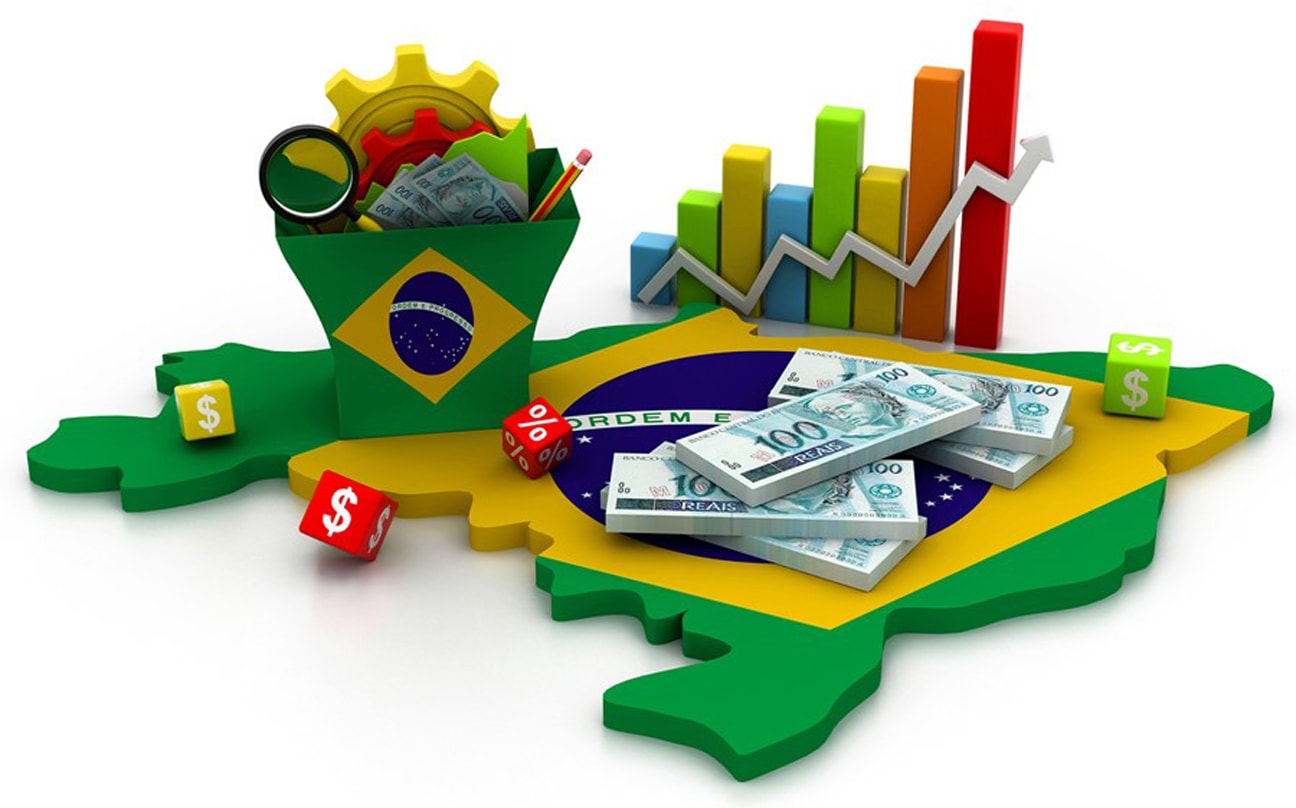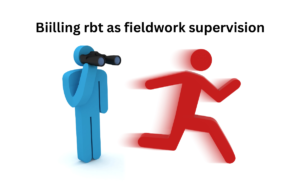Brazil has the largest economy in both South America and the Latin American region. The country has a diverse economy, with a strong service sector, a large agricultural sector, and a significant industrial sector.
Brazil’s economy has experienced significant growth over the past few decades, driven by a combination of factors such as economic reforms, large-scale investments in infrastructure, and a favorable business environment. However, the country has also faced several challenges, including high inflation, a large fiscal deficit, and a dependence on commodity exports.
One of the key drivers of Brazil’s economy is its agricultural sector. The country is a major producer of crops such as soybeans, sugarcane, and coffee, and is also a significant producer of livestock such as cattle and chickens. Brazil’s agricultural sector is highly mechanized and productive, making it one of the most efficient in the world.
Another important sector of Brazil’s economy is its industrial sector. The country has a large and diverse manufacturing base, producing goods such as automobiles, aerospace products, and consumer electronics. Brazil’s industrial sector is highly competitive, with many companies competing in the global market.

Brazil’s service sector is also a significant contributor to the country’s economy. The sector includes industries such as finance, tourism, and information technology. Brazil’s service sector is highly developed, with many world-class companies operating in the country.
Despite its many strengths, Brazil’s economy has faced several challenges in recent years. One of the main challenges has been high inflation, which has eroded the purchasing power of consumers and reduced the competitiveness of Brazilian businesses. Another challenge has been a large fiscal deficit, which has limited the government’s ability to invest in public services and infrastructure.
In recent years, Brazil has implemented several economic reforms aimed at addressing these challenges. These reforms have included measures to reduce inflation, increase competition, and improve the business environment. The government has also invested heavily in infrastructure, including transportation networks and energy systems.
Overall, Brazil’s economy is a significant player in the global economy, with a diverse range of sectors and a highly competitive business environment. While the country has faced several challenges in recent years, it has also made significant progress in addressing these challenges and is well-positioned for future growth.
Some of the key industries in Brazil’s economy include:
- Agriculture: Brazil is a major producer of crops such as soybeans, sugarcane, and coffee, and is also a significant producer of livestock such as cattle and chickens.
- Manufacturing: Brazil has a large and diverse manufacturing base, producing goods such as automobiles, aerospace products, and consumer electronics.
- Services: Brazil’s service sector is highly developed, with many world-class companies operating in the country. The sector includes industries such as finance, tourism, and information technology.
- Energy: Brazil is a major producer of energy, with a focus on renewable sources such as hydroelectric power and biofuels.
- Mining: Brazil is a significant producer of minerals such as iron ore, copper, and gold.

Some of the key economic indicators in Brazil include:
- GDP: Brazil’s GDP is approximately $2.5 trillion, making it the largest economy in both South America and the Latin American region.
- Inflation: Brazil’s inflation rate is approximately 4%, which is relatively high compared to other countries.
- Unemployment: Brazil’s unemployment rate is approximately 12%, which is relatively high compared to other countries.
- Exports: Brazil’s main exports include soybeans, iron ore, and coffee.
- Imports: Brazil’s main imports include machinery, electronics, and vehicles.
Overall, Brazil’s economy is a significant player in the global economy, with a diverse range of sectors and a highly competitive business environment. While the country has faced several challenges in recent years, it has also made significant progress in addressing these challenges and is well-positioned for future growth.









